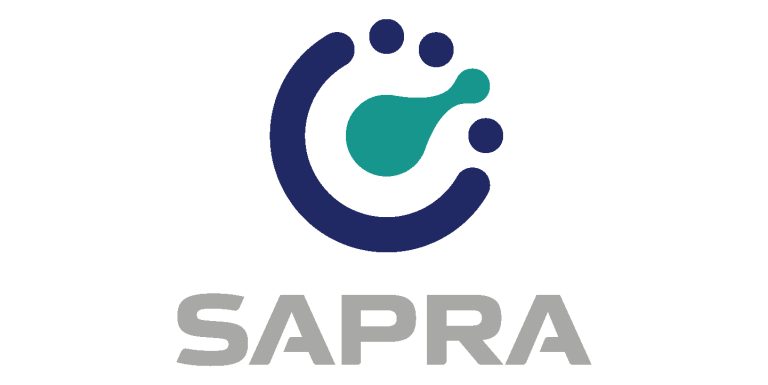As South Africans saw the impact earlier this week (6 March) of yet another price increase at filling stations nationally, the South African Petroleum Retailers Association (SAPRA), representing the interest of numerous petroleum retailers in South Africa and a proud association of the Retail Motor Industry Organisation (RMI), says the discernible surge in average international product prices for Petrol, Diesel, and Illuminating Paraffin, coupled with a depreciation of the Rand against the US Dollar, has far reaching macro and micro economic impacts.
Lebo Ramolahloane, Vice Chairman of SAPRA, says with the average Rand/US Dollar exchange rate for the period from 02 February 2024 to 29 February 2024 increasing to R19.0186, compared to the previous period’s R18.7655, we are seeing a substantial impact on the Basic Fuel Prices.
“South Africa is grappling with the repercussions of rising global oil prices and a depreciating Rand which is causing pronounced macroeconomic challenges,” he says. The widening exchange rate differential has significantly heightened the Basic Fuel Prices, contributing an additional 17.71 c/l, 18.74 c/l, and 18.53 c/l to Petrol, Diesel and Illuminating Paraffin respectively. “This not only elevates the country’s import bill, but also adds pressure to the trade balance and external debt dynamics,” says Ramolahloane.
He believes that intensified inflationary pressures stemming from elevated fuel prices may necessitate careful consideration by policymakers saying the potential ripple effect on consumer spending, driven by increased costs of goods and services, could influence monetary policy decisions aimed at maintaining stability in the broader economy.
Ramolahloane says at a microeconomic level, businesses and households will also be confronted with a more acute impact from this coming increase. “The increase in fuel prices directly translates into higher operational costs for businesses, particularly those reliant on transportation and logistics. For consumers, the surge in fuel prices amplifies the pressure on already strained household budgets.”
Industries dependent on fuel, such as agriculture and manufacturing, are also likely to experience heightened production costs, which can have implications for employment and overall economic activity. He says SMMEs, already navigating a challenging economic landscape, may find themselves compelled to make adjustments to accommodate these elevated operational costs.
“We need government interventions, coupled with collaborative efforts from stakeholders, to mitigate the impact on businesses and households to ensure a more balanced economic response. As South Africans navigate this complex economic landscape, SAPRA supports any strategies to enhance energy resilience, explore alternative energy sources and foster economic diversification in order to build a more robust and sustainable economic future,” concludes Ramolahloane.



